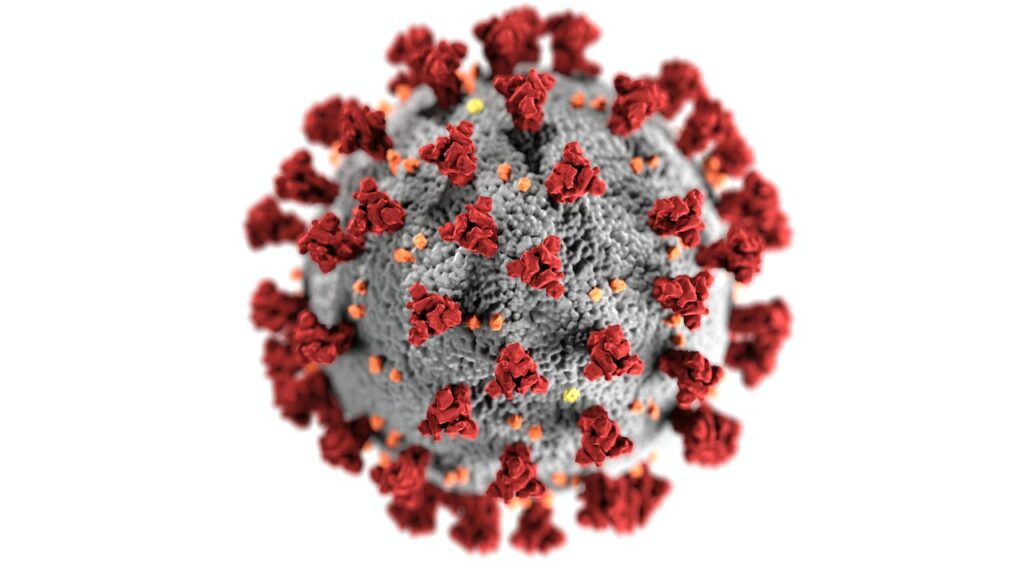What is persistent COVID? From Lanier Pharma we answer the question:
We can refer to it as prolonged COVID, chronic COVID syndrome, long COVID or post-acute COVID syndrome. It is a series of sequelae, symptoms or diseases that some people suffer from after COVID. According to the WHO, it occurs when at least three months have passed since infection and there are symptoms that last at least two months and cannot be explained by an alternative diagnosis.
Data from the Spanish Society of General and Family Doctors estimate that approximately 15% of infected adult patients, and 5% to 10% of children suffer from persistent COVID.
Symptoms and signs of persistent Covid
Just as COVID-19 conditions do not affect everyone in the same way, neither do their sequelae.
Symptoms may last for weeks, months or even years after infection. Likewise, the severity and evolution of symptoms can vary, ranging from mild discomfort to disabling conditions. People with persistent COVID have variability in their health problems, course and duration of symptoms.
Moreover, these symptoms often come and go, making it difficult to identify and assess them. We cannot forget that COVID-19 is still a recent virus for which we still have a lot of research to do. Therefore, we should take this list of symptoms as a guide but never as a diagnosis, which should be given by the corresponding doctor.
- Symptoms related to tiredness and fatigue: chronic fatigue, discomfort after physical or mental exertion, sleep problems.
- Respiratory symptoms: shortness of breath, loss of lung capacity, cough, pain in the chest area.
- Cardiac symptoms: palpitations, arrhythmias.
- Neurological symptoms: headaches, dizziness, loss of balance, tingling sensation, alterations or loss of taste and smell, depression, anxiety, problems with concentration or judgement.
- Digestive symptoms: stomach pain, diarrhoea, colic.
- Other symptoms: fever, muscle, bone or joint pain, rashes, alterations in menstrual cycles.
In addition, there are many other symptoms that are difficult for patients to explain and even more difficult to detect with existing medical tests. Many of these symptoms are similar to those presented by other diseases, which complicates their diagnosis and correct treatment even more.

Preventing and mitigating the symptoms of persistent COVID
People who have had COVID are more prone to multi-organ and immune-related diseases such as diabetes, clotting problems, heart disease and neurological conditions. The most affected organs include the heart, lungs, kidneys, brain and skin.
The same measures that have been proven to be effective against infection will help you prevent persistent COVID.
- First, vaccination. It remains the most effective way to minimize the adverse symptoms of both COVID and persistent COVID.
- Other measures that have been proven to be effective include ventilation of spaces, avoiding crowds, social distance, masks, hand hygiene, etc.
- Supplementation to strengthen defences. A strong and ready immune system will be better able to deal with any virus that tries to penetrate our organism, including COVID-19. This can translate into the absence of contagion or, if any, a much lower risk of developing associated diseases and symptoms of both COVID and persistent COVID.
In this respect, Lanier Pharma has formulated Inmunizat, a supplement that, through its studied synergy, strengthens our immune system. Beta-glucans, tannic acid, zinc, selenium and vitamins D and C are all components with proven efficacy in boosting our defences. Inmunizat ensures an immune system that is better prepared to face any type of virus or bacteria, including COVID-19.
Lanier Pharma has also conducted a clinical trial on the impact of Inmunizat on people vaccinated against COVID. This study has taken place in the Primary Care service of rural Soria. You can find more information in El Día de Soria.



